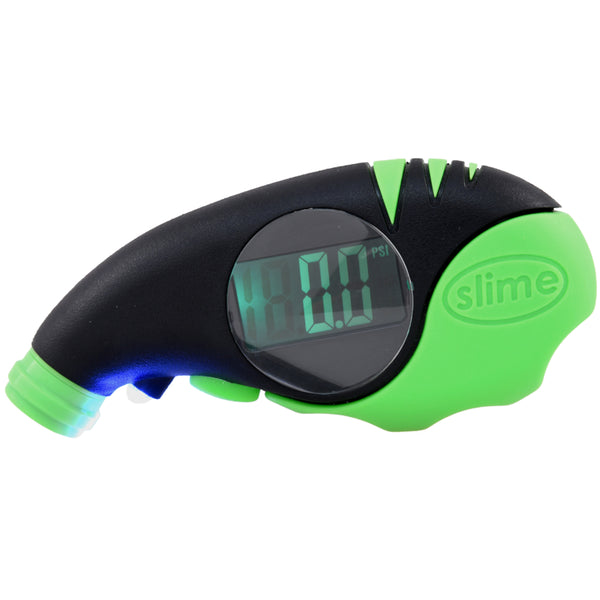Kevcules
Site Supporter
Being digital has nothing to do with it being more or less accurate. A digital gauge is only the interface between the measuring instrument and the user- you. It has absolutely nothing to do with the accuracy of the measuring instrument.
Not true. The user, ME, has nothing to do with the accuracy of the simple tool.
Digital gauges perform reliably and provide consistent readings. This is what I find also.





